PIC CCS C語言程序范例
Here are three such example programs included with our compiler, as well as a list file generated by the compiler which shows the assembly generated to correspond with the C code.
For a full list of example files and source code drivers included with the CCS C compiler go here
Jump to: Stepper Motor Controller | Seconds Timer | Simple A/D | Example List File | List of Example Files
Stepper Motor Controller
/////////////////////////////////////////////////////////////////////////
//// EX_STEP.C ////
//// ////
//// This program interfaces to a stepper motor. The program will ////
//// use the RS-232 interface to either control the motor with a ////
//// analog input, a switch input or by RS-232 command. ////
//// ////
//// Configure the CCS prototype card as follows: ////
//// Connect stepper motor to pins 47-50 (B0-B3) ////
//// Conenct 40 to 54 (pushbutton) ////
//// Connect 9 to 15 (pot) ////
//// See additional connections below. ////
/////////////////////////////////////////////////////////////////////////
//// (C) Copyright 1996,2001 Custom Computer Services ////
//// This source code may only be used by licensed users of the CCS ////
//// C compiler. This source code may only be distributed to other ////
//// licensed users of the CCS C compiler. No other use, ////
//// reproduction or distribution is permitted without written ////
//// permission. Derivative programs created using this software ////
//// in object code form are not restricted in any way. ////
/////////////////////////////////////////////////////////////////////////
#include 16c74.h>
#fuses HS,NOWDT,NOPROTECT
#use delay(clock=20000000)
#use rs232(baud=9600, xmit=PIN_C6, rcv=PIN_C7) // Jumpers: 8 to 11, 7 to 12
#include input.c>
#byte port_b = 6
#define FOUR_PHASE TRUE
#ifdef FOUR_PHASE
byte const POSITIONS[4] = {0b0101,
0b1001,
0b1010,
0b0110};
#else
byte const POSITIONS[8] = {0b0101,
0b0001,
0b1001,
0b1000,
0b1010,
0b0010,
0b0110,
0b0100};
#endif
drive_stepper(byte speed, char dir, byte steps) {
static byte stepper_state = 0;
byte i;
for(i=0;isteps;++i) {
delay_ms(speed);
set_tris_b(0xf0);
port_b = POSITIONS[ stepper_state ];
if(dir!='R')
stepper_state=(stepper_state+1)(sizeof(POSITIONS)-1);
else
stepper_state=(stepper_state-1)(sizeof(POSITIONS)-1);
}
}
use_pot() {
byte value;
setup_adc(adc_clock_internal);
set_adc_channel( 1 );
printf("rn");
while( TRUE ) {
value=read_adc();
printf("%2Xr",value);
if(value0x80)
drive_stepper(value,'R',8);
else if(value>0x80)
drive_stepper(128-(value-128),'F',8);
}
}
use_switch(byte speed, char dir) {
byte steps;
printf("nrSteps per press: ");
steps = gethex();
while(true) {
while(input(PIN_B7)) ;
drive_stepper(speed,dir,steps);
while(!input(PIN_B7)) ;
delay_ms(100);
}
}
main() {
byte speed,steps;
char dir;
setup_port_a(RA0_RA1_ANALOG);
while (TRUE) {
printf("nrSpeed (hex): ");
speed = gethex();
if(speed==0)
use_pot();
printf("nrDirection (F,R): ");
dir=getc()|0x20;
putc(dir);
printf("nrSteps (hex): ");
steps = gethex();
if(steps==0)
use_switch(speed,dir);
drive_stepper(speed,dir,steps);
}
}
Seconds Timer
///////////////////////////////////////////////////////////////////////
//// EX_STWT.C ////
//// ////
//// This program uses the RTCC (timer0) and interrupts to keep a ////
//// real time seconds counter. A simple stop watch function is ////
//// then implemented. ////
//// ////
//// Configure the CCS prototype card as follows: ////
//// Insert jumpers from: 11 to 17 and 12 to 18. ////
///////////////////////////////////////////////////////////////////////
#include 16C84.H>
#fuses HS,NOWDT,NOPROTECT
#use delay(clock=20000000)
#use rs232(baud=9600, xmit=PIN_A3, rcv=PIN_A2)
#define INTS_PER_SECOND 76 // (20000000/(4*256*256))
byte seconds; // A running seconds counter
byte int_count; // Number of interrupts left before a
// second has elapsed
#int_rtcc // This function is called every time
clock_isr() { // the RTCC (timer0) overflows (255->0).
// For this program this is apx 76 times
if(--int_count==0) { // per second.
++seconds;
int_count=INTS_PER_SECOND;
}
}
main() {
byte start;
int_count=INTS_PER_SECOND;
set_rtcc(0);
setup_counters( RTCC_INTERNAL, RTCC_DIV_256);
enable_interrupts(RTCC_ZERO);
enable_interrupts(GLOBAL);
do {
printf("Press any key to begin.nr");
getc();
start=seconds;
printf("Press any key to stop.nr");
getc();
printf("%u seconds.nr",seconds-start);
} while (TRUE);
}
Simple A/D
/////////////////////////////////////////////////////////////////////////
//// EX_ADMM.C ////
//// ////
//// This program displays the min and max of 30 A/D samples over ////
//// the RS-232 interface. The process is repeated forever. ////
//// ////
//// Configure the CCS prototype card as follows: ////
//// Insert jumpers from: 11 to 17, 12 to 18 and 9 to 16 ////
//// Use the #9 POT to vary the voltage. ////
/////////////////////////////////////////////////////////////////////////
#include 16C71.H>
#use delay(clock=15000000)
#use rs232(baud=9600,xmit=PIN_A3,rcv=PIN_A2)
main() {
int i,value,min,max;
printf("Sampling:");
setup_port_a( ALL_ANALOG );
setup_adc( ADC_CLOCK_INTERNAL );
set_adc_channel( 0 );
do {
min=255;
max=0;
for(i=0;i=30;++i) {
delay_ms(100);
value = Read_ADC();
if(value min)
min=value;
if(value > max)
max=value;
}
printf("nrMin: %2X Max: %2Xrn",min,max);
} while (TRUE);
}
Output Listing
.................... min=255;
008D: MOVLW FF
008E: MOVWF 28
.................... max=0;
008F: CLRF 29
.................... incc=TRUE;
0090: BSF 2B,0
.................... for(i=0;i=30;++i) {
0091: CLRF 26
0092: MOVLW 1F
0093: SUBWF 26,W
0094: BTFSC 03,0
0095: GOTO 0AC
.................... delay_ms(100);
0096: MOVLW 64
0097: MOVWF 2C
0098: GOTO 02D
.................... value = Read_ADC();
0099: BSF 1F,2
009A: BTFSC 1F,2
009B: GOTO 09A
009C: MOVF 1E,W
009D: MOVWF 27
.................... if(value min)
009E: MOVF 28,W
009F: SUBWF 27,W
00A0: BTFSC 03,0
00A1: GOTO 0A4
.................... min=value;
00A2: MOVF 27,W
00A3: MOVWF 28
.................... if(value > max)
00A4: MOVF 27,W
00A5: SUBWF 29,W
00A6: BTFSC 03,0
00A7: GOTO 0AA
.................... max=value;
00A8: MOVF 27,W
00A9: MOVWF 29
.................... }
00AA: INCF 26,F
00AB: GOTO 092
.................... if (incc)
00AC: BTFSC 2B,0
.................... counter++;
00AD: INCF 2A,F
51單片機(jī)相關(guān)文章:51單片機(jī)教程
c語言相關(guān)文章:c語言教程



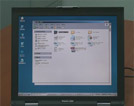
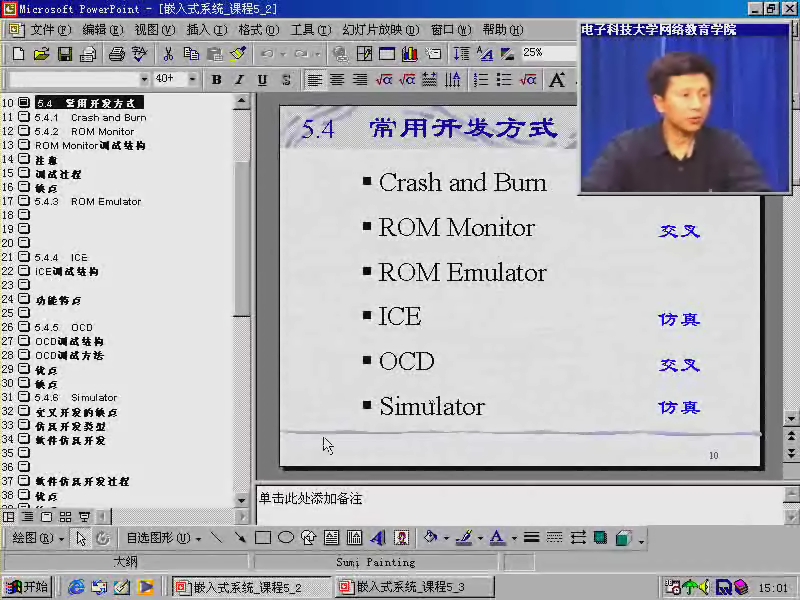
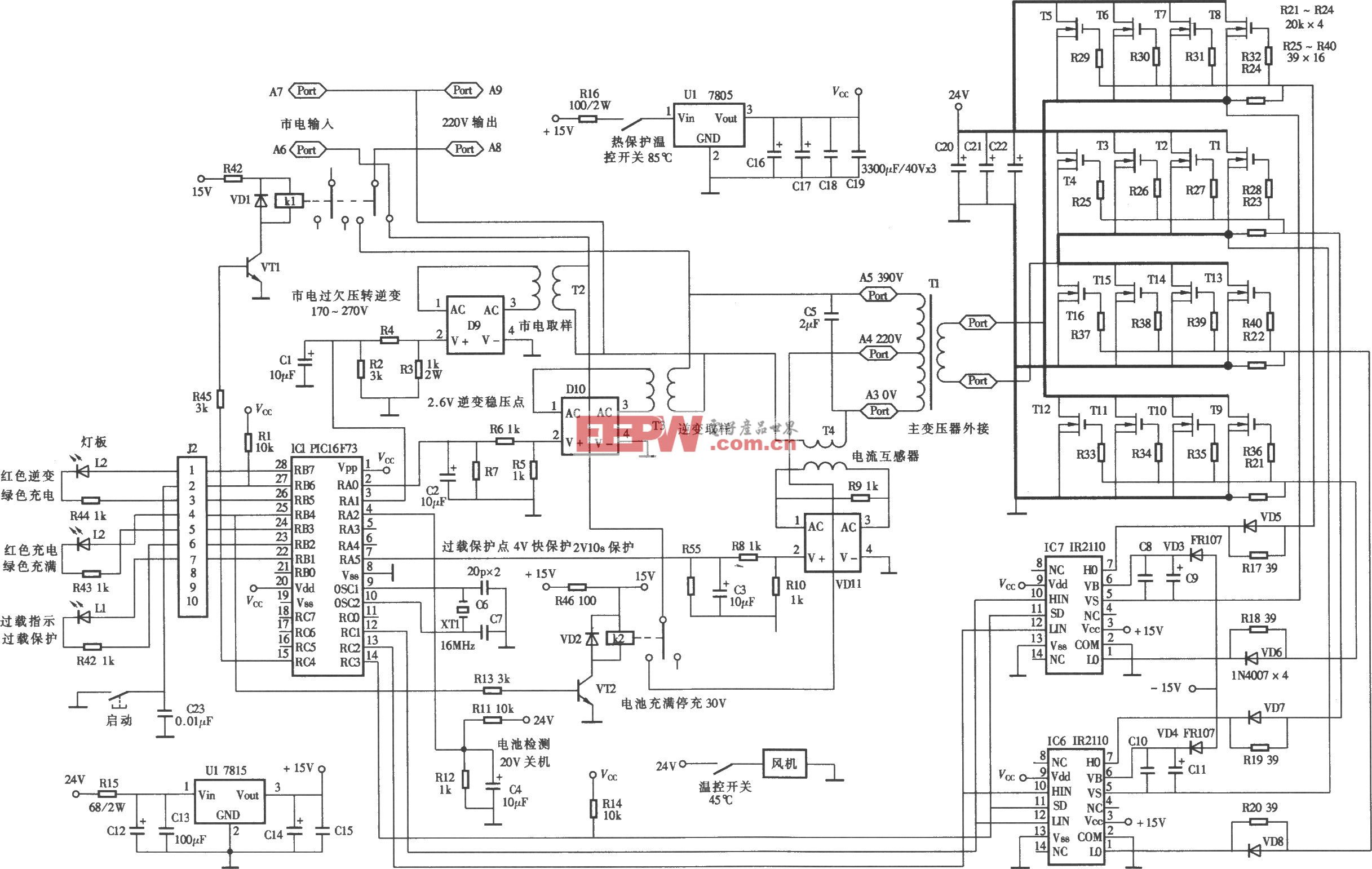
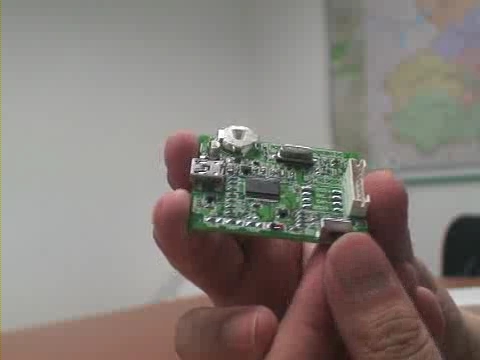
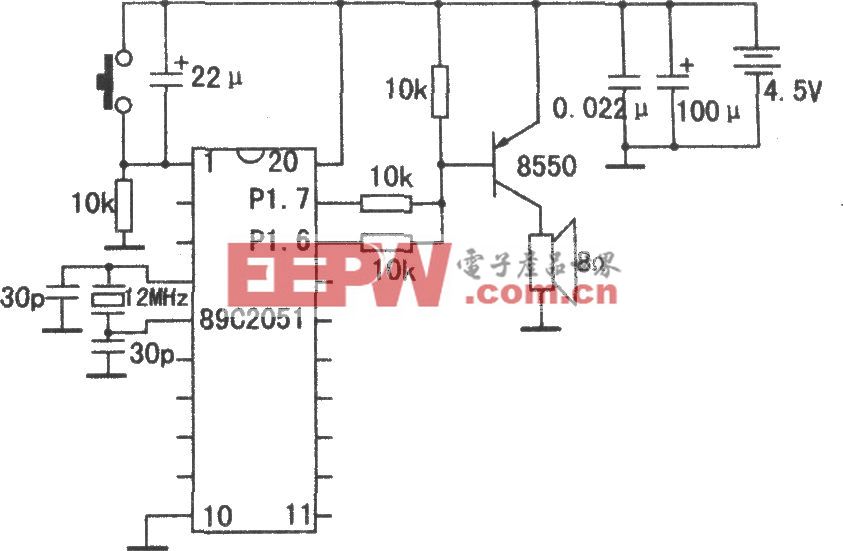
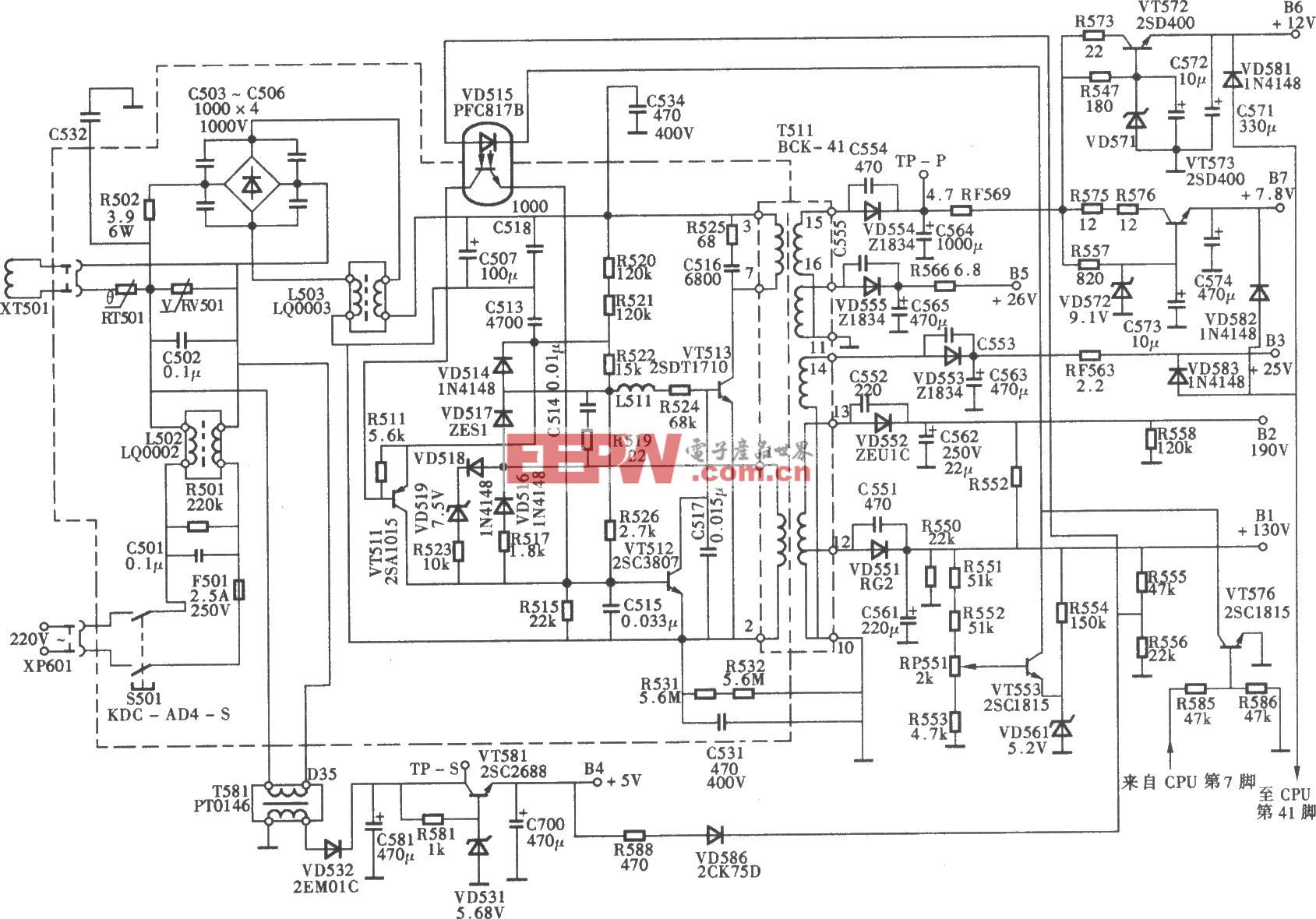

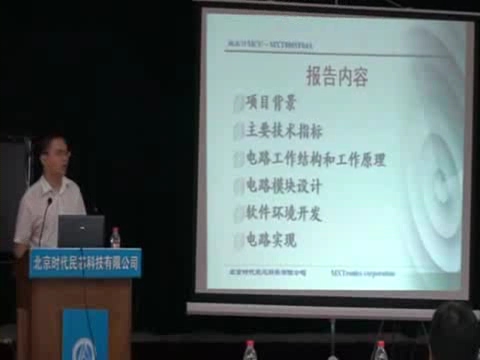
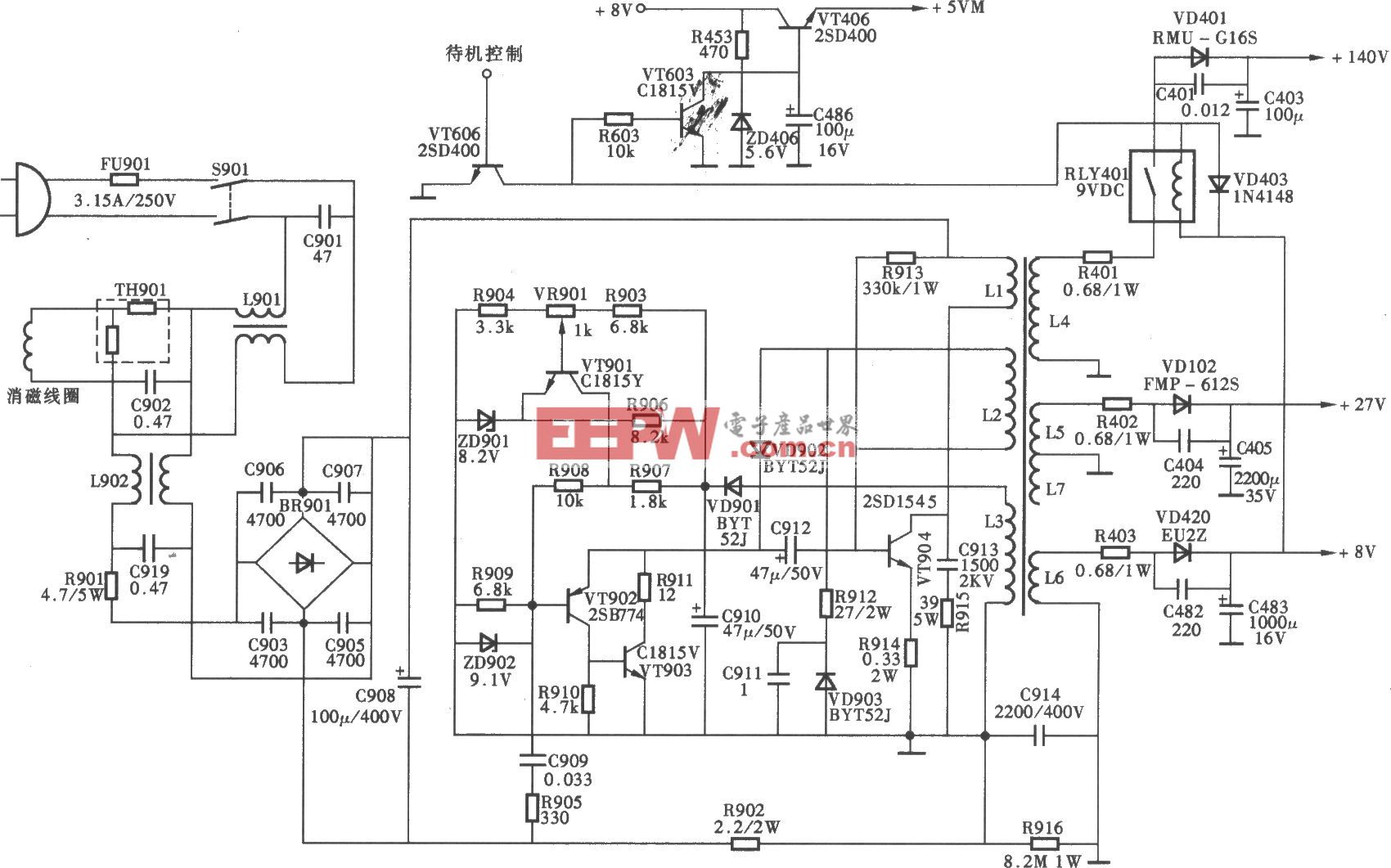
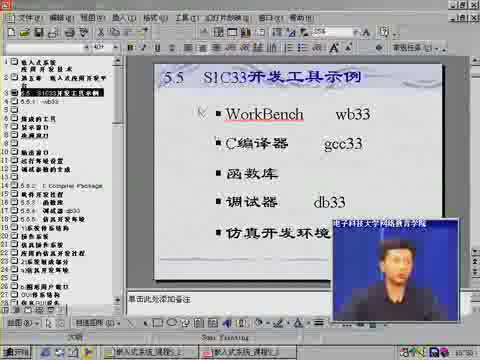
評論